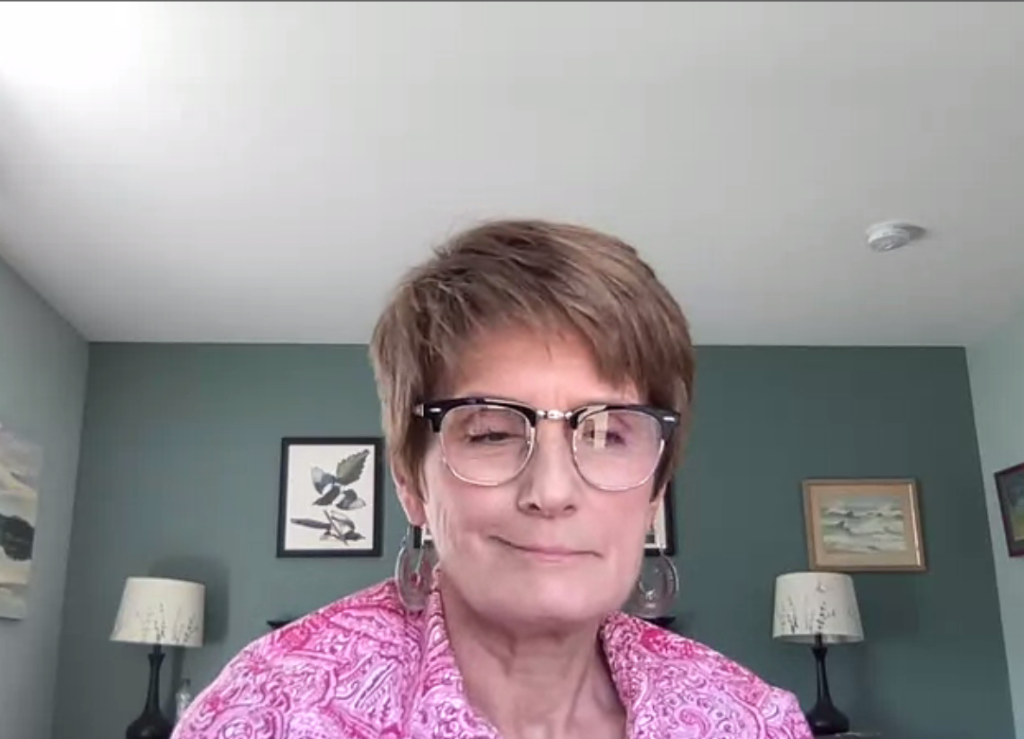States Must Be the Truth Arbiters of Broadband Coverage, Say Experts
In a Fiber Broadband Association webinar, consultants, mappers and ISPs said states must verify broadband coverage.
Teralyn Whipple

WASHINGTON, April 14, 2023 – States must be the arbiter of coverage disputes for the allocation of coming federal funds, said experts at a Fiber Broadband Association event Thursday.
The $42.5 billion Broadband Equity Access and Deployment program directs states to design their own grant programs, complete with two challenge processes that allows residents and service providers to challenge posted coverage claims at individual locations. To successfully implement these state grant programs, states must “be the source of truth for challenges,” said Peggy Schaffer of mapping software company VETRO.
It is the responsibility of states to determine truth by sifting through many sources of coverage claims, said Schaffer. In this way, states will become arbiters of truth that can be trusted to effectively manage federal grant money and narrow the digital divide in its communities.
Chad Rupe, general manager of fiber provider Ponderosa Communications agreed. Coverage maps require a party that can call out untruths and misdirection. Providers often claim to be providing 100 Megabit per second (Mbps) symmetrical speeds to locations simply to prevent competition in the area.
Misrepresenting coverage claims has harsh consequences for unserved and underserved communities, said Rupe: It will leave money on the table. Rupe urged providers to provide accurate information on coverage. Grant funding is not “free money”: Providers must adhere to reporting, tracking, and digital equity requirements of the grant programs.
“Remember that we are all trying to achieve the same objective,” added Jeff Sobotka from Vivacity Infrastructure Group.
In response to concerns that states are not equipped to effectively audit ISPs, Schaffer simply stated that they “will have to be prepared.” The National Telecommunications and Information Administration, which allocates BEAD funds, is invested in ensuring funds will be handled responsibly over the following 10 years, she said.
In fact, part of the funding through the BEAD program will support administrative costs for ISP auditing, Shaffer added. Effective auditing will require that states are prepared with accurate information of each individual location’s internet connection, agreed panelists.
The Federal Communications Commission is currently investigating service providers that may have overreported data for its national broadband map, the first version of which released in November of 2022.
“We have taken several steps to prevent systematic overreporting of coverage by broadband service providers,” said Rosenworcel in a February letter to senators. “We recognize also that as providers gain familiarity with this system, efforts to intentionally misstate service may be subject to enforcement action. In fact, we already have an investigation underway.”
New Street Research said in a recent report that it is “likely” that carriers are over-reporting their coverage to the FCC.
Ready State Broadband Office Resources:








